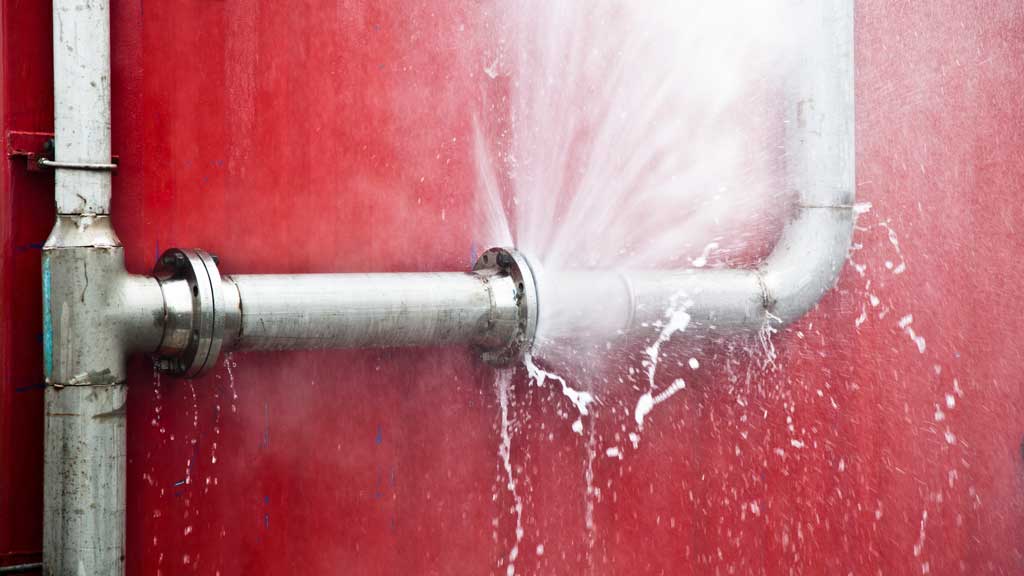How To Respond When Pipes Burst and How to Avoid Frozen Pipes in the First Place

How to Keep Pipes From Freezing
Protect your pipes from the cold weather. If we are expecting a hard freeze it would be wise to insulate your pipes. Keep your cabinets open in the kitchen and bathrooms in order to allow warm air to reach the pipes. Make sure your hoses are not connected to faucets and that outside faucets are turned off.- You might try opening faucets to allow a light stream of water to constantly flow to keep pipes from freezing. This isn’t a fool-proof plan, though. The water can still freeze.
- If you are going out of town, consider turning off the water at the main shut-off valve to prevent disastrous water damage while you are away.
Actions to Take if Pipes Burst
1. Shut off the main water valve. If a water pipe bursts, turn off the water at the main shut-off valve.
- In most single-family homes, the shut-off valve is in the basement or in the crawl space, on a wall facing the street (usually at the water meter or where the main line enters the house).
2. Leave the faucet(s) open to reduce the pressure until repairs are completed. After you have turned off the main shut-off value, you may also want to open hot and cold faucets in the lowest level of the house to allow water to drain.
3. Do not try to thaw a frozen pipe with an open flame as this will damage the pipe and may even start a building fire.
After you’ve followed these steps it is important to call in a professional to mitigate your damage and restore your home. Abbotts offers emergency water damage dispatch day or night.

